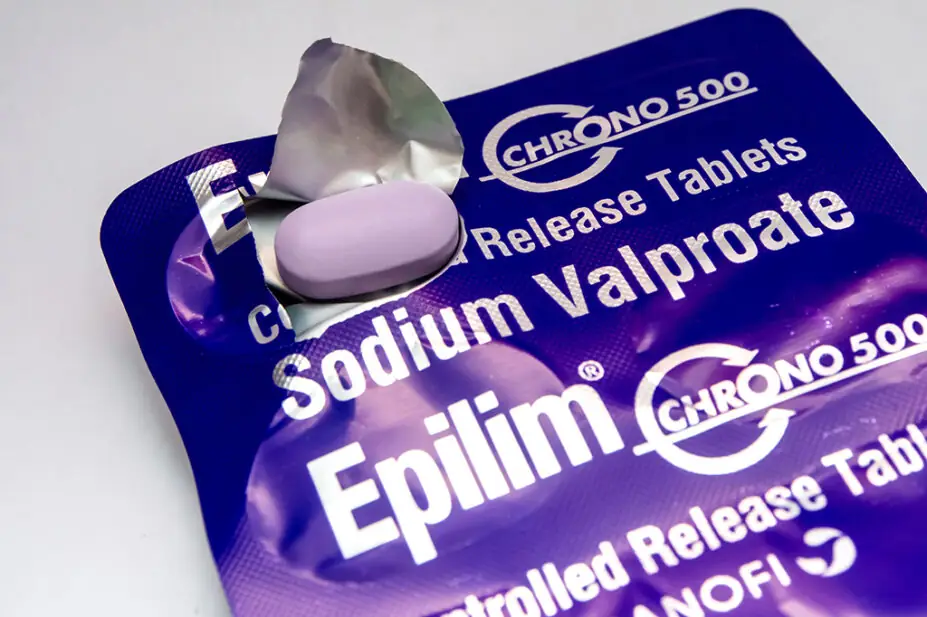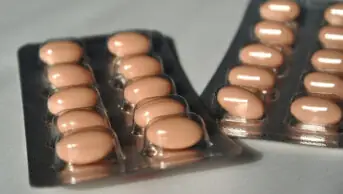
simon evans / Alamy Stock Photo
The Medicines and Healthcare products Regulatory Agency (MHRA) is seeking “independent expert advice” from the Commission on Human Medicines on the increased risk of neurodevelopmental disorders in children fathered by men on valproate.
In an announcement on the 15 January 2024, the regulator said it will “rigorously review all emerging data” on the safety of valproate, including looking again at a study that has been resubmitted, owing to possible errors in the original version, which evaluated the link between paternal exposure to valproate and the risk of autism spectrum disorders and congenital abnormalities in children.
The population-based, retrospective cohort study, which was commissioned by the European Medicines Agency, reviewed data from more than 4,000 paternal valproate exposure reports from national registries across Norway, Denmark and Sweden.
The revised study results show that around 5 in 100 children born to fathers exposed to valproate around conception were diagnosed with a neurodevelopmental disorder, compared with 3 in 100 children whose fathers were taking lamotrigine or levetiracetam around conception.
Unborn babies exposed to sodium valproate are at risk of developing foetal valproate spectrum disorder — the collective name for the variety of disorders and developmental conditions some children experience after being exposed to sodium valproate in the womb.
The MHRA confirmed that there are no implications to the new safety measures in place for the prescribing of valproate, which are being introduced on 31 January 2024, and that “any further guidance will be communicated to patients and healthcare professionals as soon as possible”.
The new safety measures mandate that valproate must not be started in new patients (male or female) aged under 55 years, unless two specialists independently consider and document that there are no other effective or tolerated treatments, or unless there are compelling reasons that the reproductive risks do not apply.
Commenting on the announcement, Ley Sander, medical director at the Epilepsy Society and head of the department of clinical and experimental epilepsy at University College London’s Queen Square Institute of Neurology, said: “This highlights the challenges faced when prescribing medication for epilepsy.
“The MHRA has already introduced new prescribing practices around valproate for men [those being introduced this month], but it is vital that we go further and use our scientific knowledge and expertise to understand, at a molecular level, why some drugs elevate risk in some men and women while others don’t.
“We are asking the government and industry to actively invest in genomic research that would enable us to identify, at an individual level, which person will be vulnerable to which medication, so that drugs can be prescribed according to a person’s individual genome,” he added.
Alison Fuller, director of health improvement and influencing at Epilepsy Action, said: “It is concerning that new, tighter measures have been introduced for men and boys, despite the research being inconclusive around the paternal risks of taking sodium valproate, causing lots of distress without providing any real answers about whether valproate is safe.
“It is vital that the risks are well communicated, and we hope that people affected by this new policy will be given personalised information and time to discuss how the measures will be implemented with their healthcare professionals, so they can make informed decisions.
In July 2023, a spokesperson for Henrietta Hughes, patient safety commissioner for England, told The Pharmaceutical Journal that work had begun on considering options for “potential redress” for individuals who have been harmed by sodium valproate.
The patient safety commissioner’s report on valproate redress is expected to be published in February 2024.


